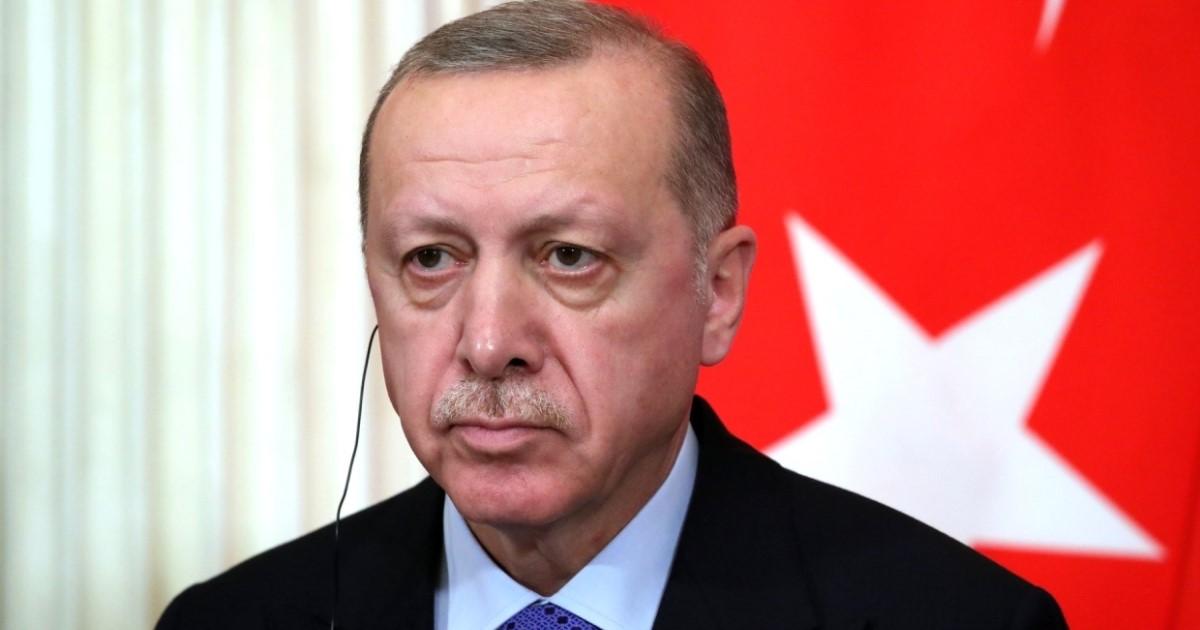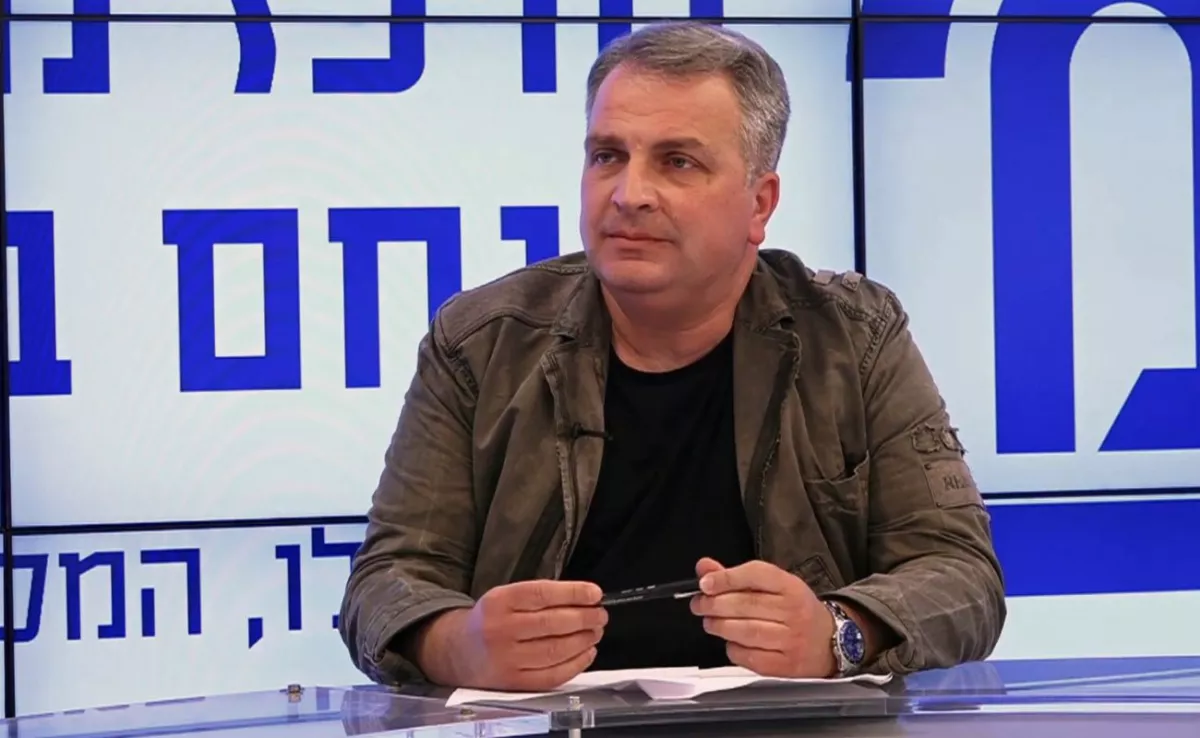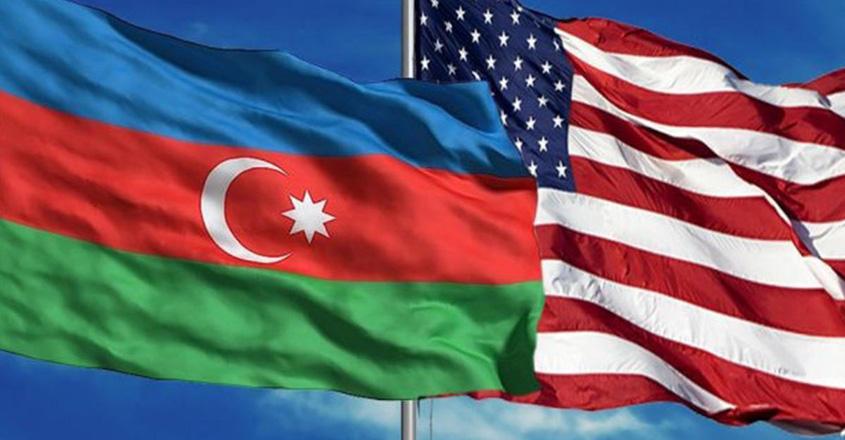Türkiye, Israel, and Azerbaijan's diplomatic mission Expert opinions on Caliber.Az
The normalization of relations between Türkiye and Israel became one of the topics raised by the President of Azerbaijan, Ilham Aliyev, at the international forum "Facing the New World Order," held at ADA University.
The tension between Türkiye and Israel is a serious concern. Azerbaijan played an active role in their first successful reconciliation and continues to make efforts to bring the two countries closer together, emphasized President Aliyev.
Azerbaijan maintains long-standing friendly relations with both Türkiye and Israel, which has been demonstrated repeatedly during difficult periods. Therefore, any misunderstanding between Ankara and Tel Aviv is perceived by Baku as a source of concern.
Meanwhile, according to reports from Israeli and Turkish media, delegations from both countries met in Azerbaijan the day before to discuss a de-escalation mechanism aimed at preventing unwanted incidents in Syria. The fact that the negotiations took place in Azerbaijan marks the beginning of efforts to create a channel that will help avoid possible clashes or misunderstandings between the two countries' operations in the region.
So, when can we expect a thaw in relations between Türkiye and Israel, and what role does Azerbaijan play in this? For an objective assessment, a Caliber.Az correspondent reached out to Turkish and Israeli political analysts.

Turkish political analyst Kerim Has believes that despite the current tension, the policies of the Turkish leadership generally do not contradict Israel's interests in the region. Moreover, it is difficult to find real instances where one side has undermined the interests of the other, except for sharp statements.
"Azerbaijani oil flows freely to Israel via Turkish territory. If Erdoğan truly wanted to harm Israel, he could use his ties with Baku for that purpose, but this is not happening. Even oil from Kyrgyzstan, passing through Türkiye to Israel, has not been subject to any restrictions," notes Has.

The fact that Erdoğan has supported and continues to support Hamas does not, in itself, contradict Israel's interests. Prior to the events of October 7, 2023, and everything that followed, Israeli leadership also adhered to a strategy of supporting Hamas, aiming to control the organization and implement a tougher policy against other groups in the Gaza Strip.
"After the terrorist attack, the situation changed, but if I were in the Israelis' position, it would be more advantageous for me to have my enemy under control through an ally rather than through an opponent. Türkiye does not supply weapons to Hamas; it is about political contacts and partial influence. Ankara essentially does not obstruct Israeli operations against Hamas, despite the sharp rhetoric. In reality, Türkiye's actions do not interfere with Israel," concluded Has.

Israeli journalist and head of the International Relations Commission of the Israel Journalists Union, Rostislav Goltzman, also emphasized the importance of normalizing relations. According to him, this issue was discussed during a meeting in Washington between President Donald Trump and Prime Minister Benjamin Netanyahu.
"We remember how urgent Netanyahu's visit to the U.S. was — right after his trip to Hungary. Trump clearly stated at that time: the problem in relations between Türkiye and Israel is serious, and he is ready to personally get involved in resolving it," Goltzman said.
He noted that at the moment, most contacts between Israel and Türkiye are carried out through Azerbaijan. Israel, aiming to prevent the return of radical Islamic groups to the region, closely monitors the situation in Syria, where Türkiye continues to exert influence over the current leadership.
"When reports emerged about the creation of new fortified areas, Israeli aviation immediately carried out strikes. The situation could have spiraled out of control if not for Baku's mediation efforts, which allowed for an agreement on the delineation of spheres of influence in Syria. Israel made it clear: hostile forces should not approach its borders or put pressure on its allies — the Kurds and Druze. Türkiye, on the other hand, is defending its interests. These positions are clear to both sides," explained the expert.
He also reminded of the long history of strategic military cooperation between Israel and Türkiye, which, despite the decline, still holds significance. In his opinion, given the overlapping threats and interests of Israel and Türkiye, there are all grounds to expect an improvement in relations. There are no serious objective obstacles to this today.

Goltzman also emphasized that during the negotiations in Washington, the deepening of cooperation between Azerbaijan and the United States and the potential joining of Azerbaijan to the Abraham Accords were discussed.
"It is encouraging that Israel's ally, Azerbaijan, is actively participating in the Middle Eastern process and helping to prevent serious crises, contributing to the stabilization of the situation in the region," he concluded.








